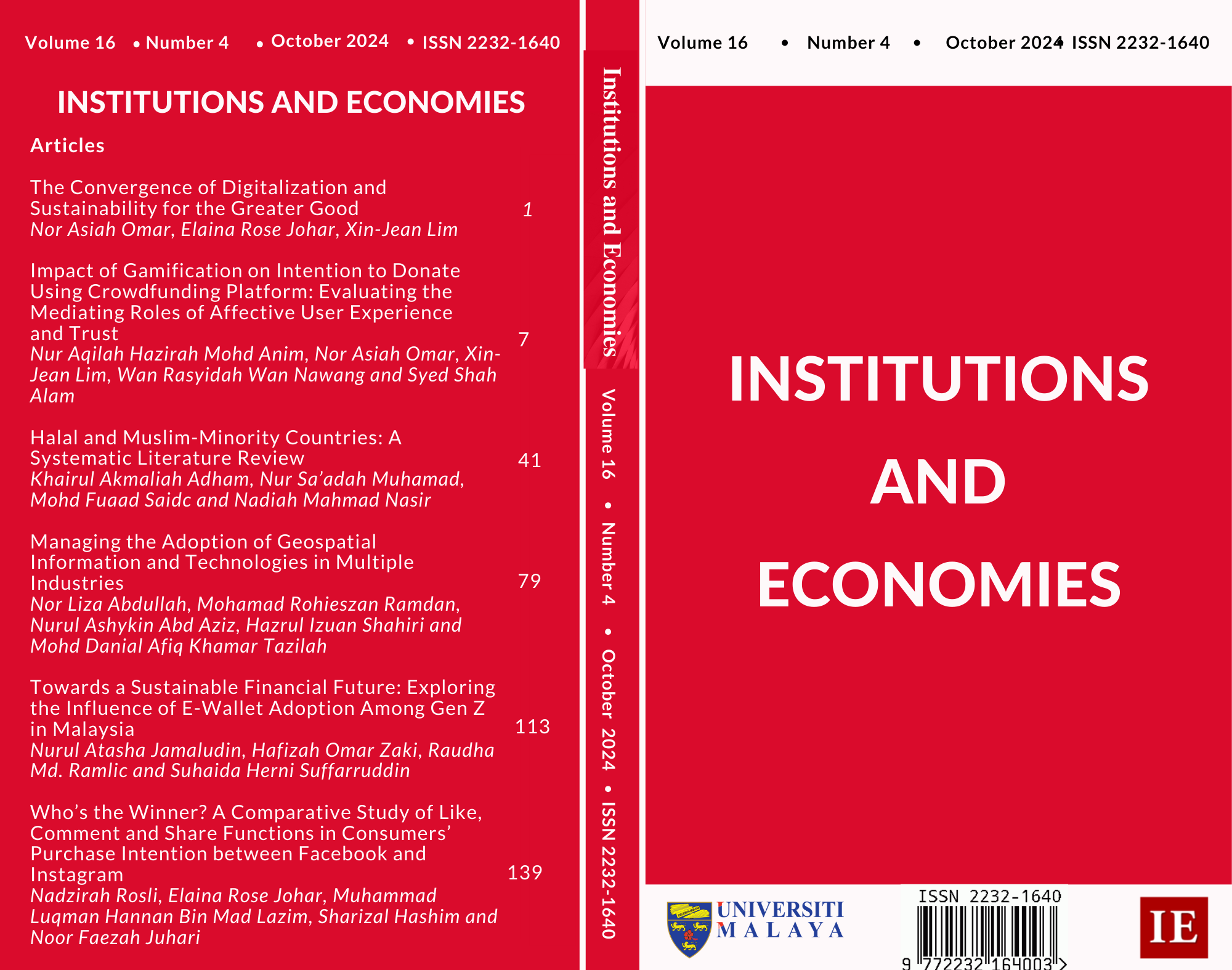Impact of Gamification on Intention to Donate Using Crowdfunding Platform: Evaluating the Mediating Roles of Affective User Experience and Trust
Main Article Content
Abstract
Crowdfunding platforms are seen as potential solutions to facilitate
disintermediated giving, where people can go directly to the public for help with their
difficulties. Although disintermediation is widespread and active in the crowdfunding
industry, the fiercely competitive environment, combined with concerns about personal
data use and unethical conduct, has resulted in an enormous number of campaigns
failing. Therefore, it is crucial to investigate factors that influence contributors’ intention
to participate in the crowdfunding platform. Using a self-administered survey, this
research collected data from 339 individuals with initial knowledge of crowdfunding
activities. The results of hypothesis testing indicate that gamification has a direct positive
impact on affective user experience and trust in the platform but insignificantly affects
donation intention on a crowdfunding platform. Interestingly, the mediating role of
affective user experience and trust are established. The results lead to the discussion that
gamification alone not directly impact donors' intentions to contribute on crowdfunding
platforms, it significantly influences intention when mediated by affective user experience
and trust in the platform. The substantial contribution of the relationship between gamification and trust in the platform, emphasizing the importance of user experience as a key precursor to positive behavioural intentions in online and gamified environments.
Downloads
Article Details
Submission of a manuscript implies: that the work described is original, has not been published before (except in the form of an abstract or as part of a published lecture, review, or thesis); that is not under consideration for publication elsewhere; that its publication has been approved by all co-authors, if any, as well as tacitly or explicitly by the responsible authorities at the institution where the work was carried out. Transfer of copyright to the University of Malaya becomes effective if and when the article is accepted for publication. The copyright covers the exclusive right to reproduce and distribute the article, including reprints, translations, photographic reproductions, microform, electronic form (offline and online) or other reproductions of similar nature.
An author may self-archive the English language version of his/her article on his/her own website and his/her institutions repository; however he/she may not use the publishers PDF version which is posted on www.ijie.um.edu.my. Furthermore, the author may only post his/her version, provided acknowledgement is given to the original source of publication and a link must be accompanied by the following text: The original publication is available at www.ijie.um.edu.my.
All articles published in this journal are protected by copyright, which covers the exclusive rights to reproduce and redistribute the article (e.g. as offprint), as well as all translation rights. No material published in this journal may be reproduced photographically or stored on microfilm, in electronic database, video disks, etc., without first obtaining written permission from the publishers. The use of general descriptive names, trade names, trademarks, etc., in this publication, even if not specifically identified, does not imply that these names are not protected by the relevant laws and regulations.
The copyright owners consent does not include copying for general distribution, promotion, new works, or resale. In these cases, specific written permission must first be obtained from the publishers.

